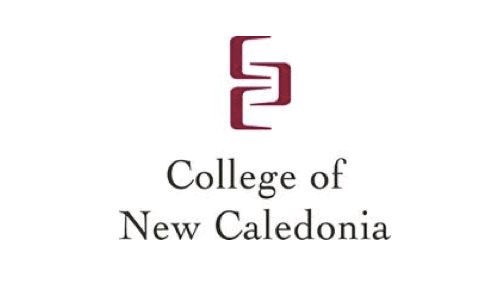Cuts and restructuring at the College of New Caledonia's Burns Lake campus "is threatening the sustainability of this vibrant community hub," according to a September impact study.
The study projected a loss of 70 jobs, a 75 per cent cut to enrolment after "an enormous reduction in programming," and a loss of $3.7 million in employment revenues within the community, using comparisons from the 2012/13 school year to the 2016/17.
A joint press release from the Village of Burns Lake and a local education committee said the cuts have endangered "jobs, families, (and) community."
The 31-page report, prepared by the Kamloops-based Peak Solutions Consulting Inc. for Lakes District Family Enhancement Society, was presented to Premier Christy Clark and several cabinet ministers in September.
The college said its executive was meeting to prepare a comment in response to the release, but that it wouldn't be available until Thursday.
The Lakes District Post Secondary Education Committee said it has been lobbying both the college and government to address the predicted effects.
"The changes have not only reduced the capacity of our local First Nations residents to gain training and employment opportunities, but they also threaten the once outstanding outcomes in aboriginal success rates that have been directly attributed to local delivery of post-secondary programming in the Lakes District," said committee member Monty Palmantier in Wednesday's statement.
The report stressed the impact the regional campus has on aboriginal learners.
More than 60 per cent of students identify as aboriginal, many of whom are pulled from the six local First Nations.
It also noted CNC is "shifting away from the holistic and community driven."
Jan Mastromatteo, vice president of CNC's faculty association, said they have been hearing concern about cuts across the region, including Quesnel, and especially among aboriginal communities.
The college is "trying to link to standardizing curricula and programming but my understanding is the regional campuses are concerned about the cutbacks," she said.
Mastromatteo said one of the faculty association's recommendations for cost savings is to reduce the number of administrative positions.
"It's very top weighted," she said, pointing to three vice-president positions when there used to be one.
"What we share with the communities and our students is we would like CNC's efforts placed upon building programs and building back the programs that have been cancelled."
The faculty is currently in arbitration with the college over its March layoffs of faculty and whether it can demonstrate a funding shortage, the reason cited in the layoff notices.
The Lakes District education committee is also focussed on finding ways to "prevent the dissolution" of family social services programs which it said are set to expire March 2016.
"We want to preserve the hub model of service that the college has maintained for so long," said committee member Bernice Magee in the statement.
"The changes that have been made threaten this model after years and years of work on the part of our local campus employees to create better futures for our residents."
The committee is hosting a community meeting Nov. 10 at 5 p.m. at the Burns Lake Chamber of Commerce.



